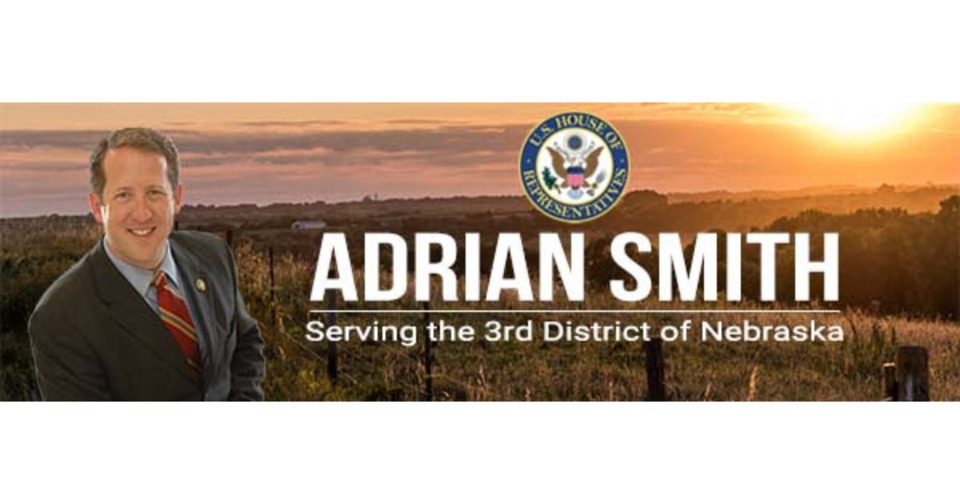The Future of Agriculture Calls for Decisive Leadership

Last weekend, the 8th Annual All Nebraska Tractor Drive took place in Franklin and Harlan Counties. The event featured roughly 100 antique tractors and raised funds for the Central Nebraska Veterans Home in Kearney. The round trip from Franklin to the Harlan County Dam showcased our state’s tradition of working the land and served as a reminder of how much new equipment and technology has improved production over the decades, increasing efficiency.
Agriculture is at the heart of Nebraska’s heritage, and despite how different practices and machinery may look now, it remains the economic and cultural driver of the Third District. The conventional five-year Farm Bill reauthorization cycle provides enough certainty to plan operations and enough flexibility to address changing risks, methods, and technology. Managing soil health, water usage, breeding outcomes, forage supply, market demand, and competitive advantage all require producers to anticipate and adapt years in advance to succeed. As they think about conserving resources and building prosperity for future generations, federal policy which provides long-term certainty is vital to informing their decisions for the future.
In the current Farm Bill cycle, I am committed to ensuring Third District farmers and ranchers can prepare for disaster through appropriate risk management strategies. As one of the most critical components of the Farm Bill, the federal crop insurance program minimizes taxpayer burden in the event of a disaster and contributes to stability for farm families across the country. I am supportive of the House Agriculture Committee’s advancement of a robust legislative package which builds on the success of our crop insurance program. I will continue fighting for a Farm Bill which serves the best interests of our hard-working producers.
In addition to the Farm Bill, I am focused on several policy items which significantly affect the agriculture industry. My work as Chairman of the Ways and Means Committee’s Subcommittee on Trade gives me a unique opportunity to ensure Third District producers can compete on a level playing field at home and abroad and to bring attention to the Biden administration’s failures to do so. This includes ensuring the innovative spirit which drives Nebraskan agriculture isn’t stifled by our trading partners’ unfair practices.
Under the United States-Mexico-Canada Agreement (USMCA), all participating countries agreed to science and rules-based standards to prevent unfair treatment of one-another’s agriculture products, such as biotech crops and inputs. Next week, a USMCA dispute settlement panel is scheduled to hold a hearing on Mexico’s ban on American biotech corn. This ban, which was announced nearly four years ago, has no scientific basis and, if left unchecked, it stands to weaken U.S. standing in the global market. However, while President Biden found time in his State of the Union Address to trumpet his 30x30 agenda, he has had nothing to say about this threat to rules-based trade and American agriculture. I have long been petitioning the president to acknowledge and stand up for our corn growers.
In a recent Ways and Means Trade Subcommittee hearing, I also called upon the president to stand up for market access and strengthen our relationships with developing countries looking to import American-grown food and other products. The world’s fastest-growing countries should look to the U.S. as the economic and political model, not communist China. To accomplish this, we need the president to lead.
Our farmers are the best in the world because of their ability to innovate, and the potential for precision agriculture and other new technology to minimize inputs and maximize yields is very promising. However, feeding our world’s growing population depends on continued use of the latest advances in growing practices and technology. Nebraska and the United States are world leaders in producing more food with fewer resources, and our continued ability to feed our neighbors relies on ensuring our trade partners live up to their promises.
